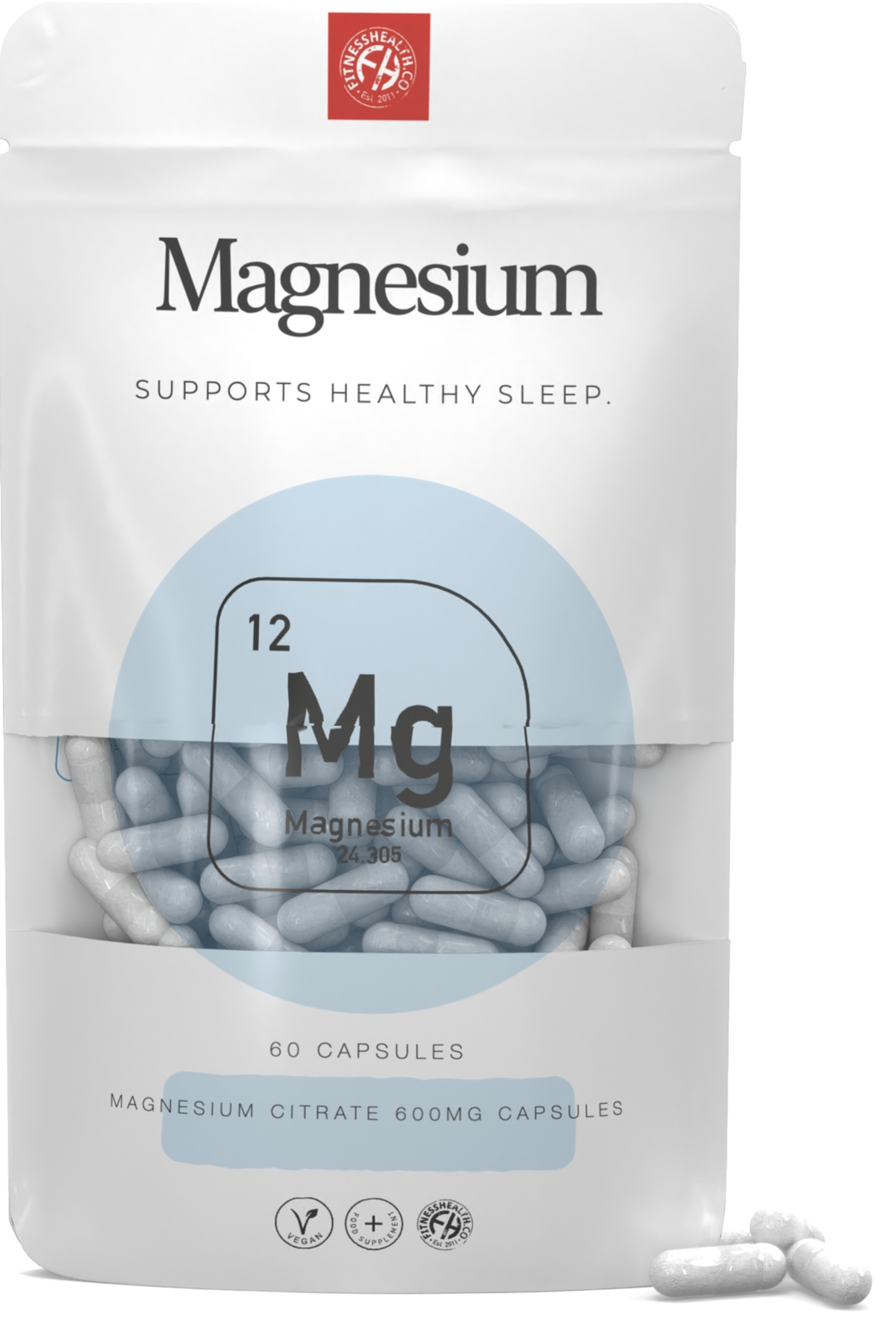Magnesium is an essential mineral vital for numerous bodily functions, including muscle and nerve function, energy production, and bone health. With magnesium deficiency being relatively common, many people turn to supplements. Two popular forms are magnesium threonate and magnesium citrate. Understanding their differences can help you choose the most suitable option for your needs.
Magnesium Threonate:
Magnesium threonate, also known as magnesium L-threonate, is a newer form of magnesium supplement. Its claim to fame is its potential cognitive benefits. This form was specifically developed to enhance brain magnesium levels, as it can cross the blood-brain barrier more effectively than other magnesium compounds.
Key features of magnesium threonate:
- Cognitive function: Studies suggest it may improve memory and cognitive abilities.
- Neuroprotection: Potentially beneficial for age-related cognitive decline.
- Sleep quality: May enhance sleep quality and duration.
- Lower laxative effect: Less likely to cause digestive issues compared to other forms.
However, magnesium threonate is typically more expensive and contains less elemental magnesium per dose than other forms.
Magnesium Citrate:
Magnesium citrate is one of the most common and well-studied forms of magnesium supplements. It's created by combining magnesium with citric acid, resulting in a compound that's highly bioavailable and easily absorbed by the body.
Key features of magnesium citrate:
- High absorption: One of the most bioavailable forms of magnesium.
- Digestive benefits: Mild laxative effect, useful for constipation relief.
- Affordable: Generally less expensive than magnesium threonate.
- Versatility: Beneficial for various health aspects, including muscle function and bone health.
The main drawback of magnesium citrate is its potential to cause digestive side effects, particularly at higher doses.
Choosing Between the Two:
The choice between magnesium threonate and citrate depends on your specific health goals:
- For cognitive benefits and improved sleep, magnesium threonate may be preferable.
- For general magnesium supplementation or digestive health, magnesium citrate could be more suitable.
- If you're prone to digestive issues, magnesium threonate might be gentler on your system.
- Budget considerations may favor magnesium citrate.
It's important to note that while these supplements can be beneficial, they're not a cure-all. A balanced diet rich in magnesium-containing foods should be the primary source of this essential mineral. Always consult with a healthcare professional before starting any new supplement regimen, especially if you have pre-existing health conditions or are taking medications.
In conclusion, both magnesium threonate and citrate offer unique benefits. Your choice should align with your health goals, budget, and individual response to supplementation. Remember, the best supplement is one that you can consistently take and that provides the benefits you're seeking.










